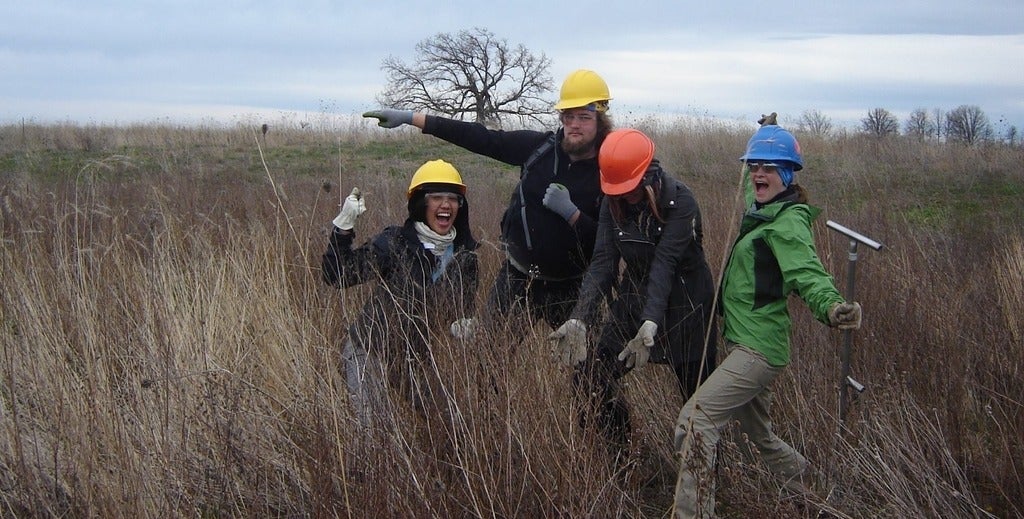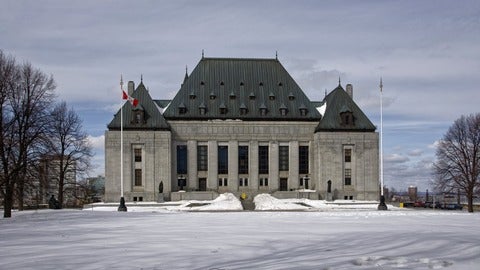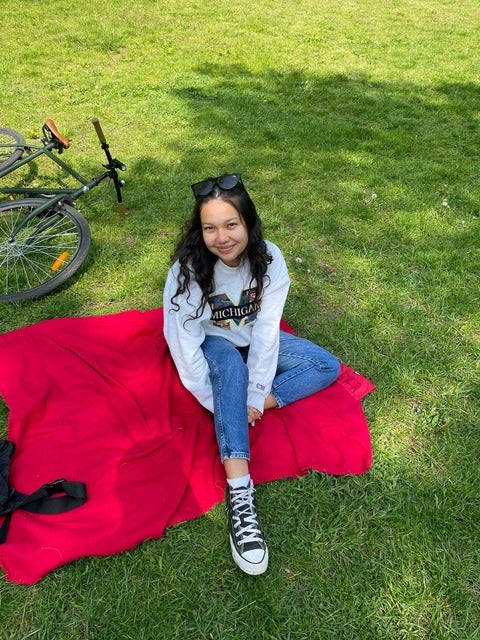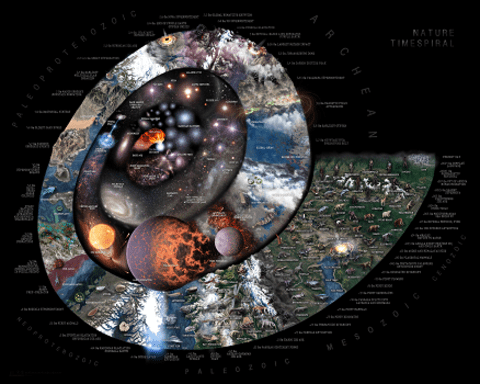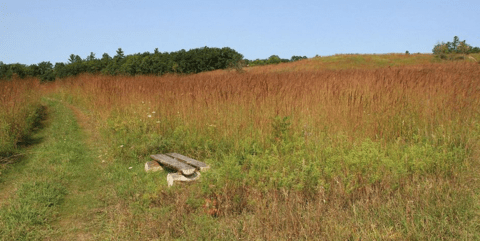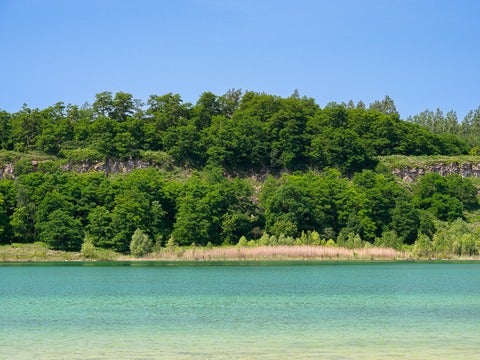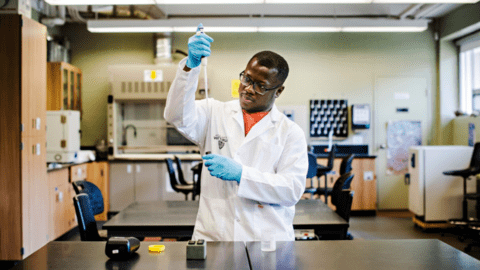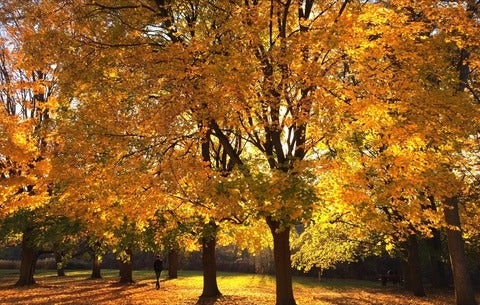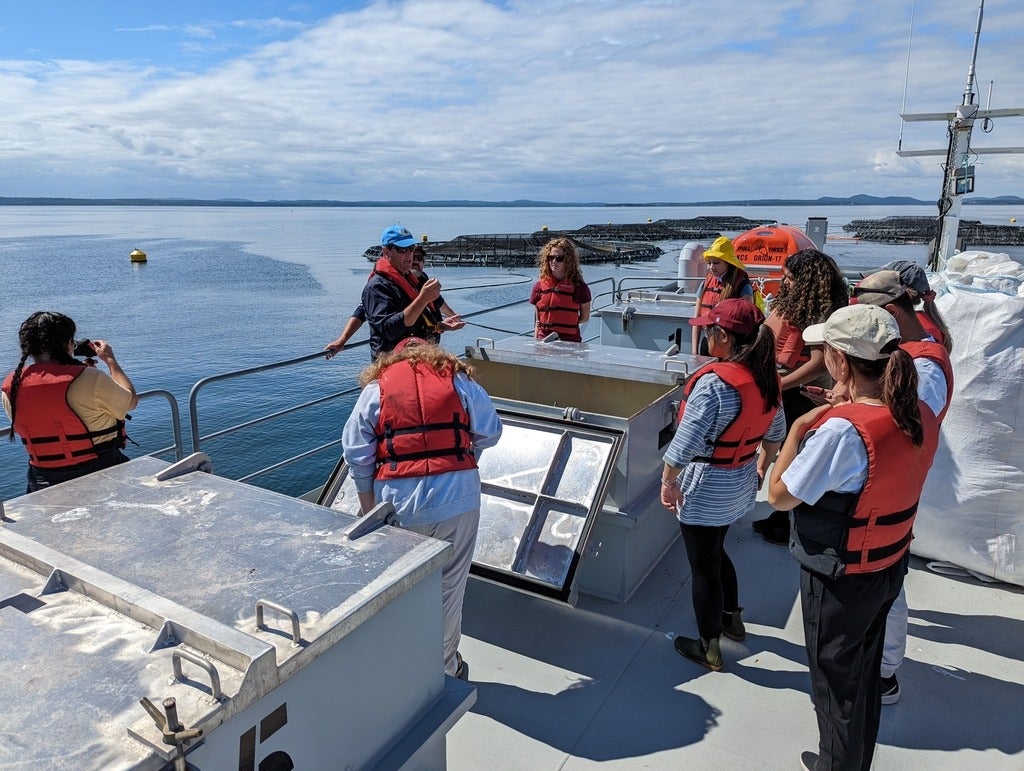Conservation and Restoration Ecology (CaRE): You break it, We fix it, Revisited
The research group that Prof. Stephen Murphy leads studies restoration and conservation generally. The projects that the group undertakes cover a wide subject area and have a variety of partners. Prof. Murphy updates us on the latest activity in his dynamic group - restoration, conservation, policy, practice, endangered species, ecology, earthworms, pollen, life, and death. What more can you ask for?
